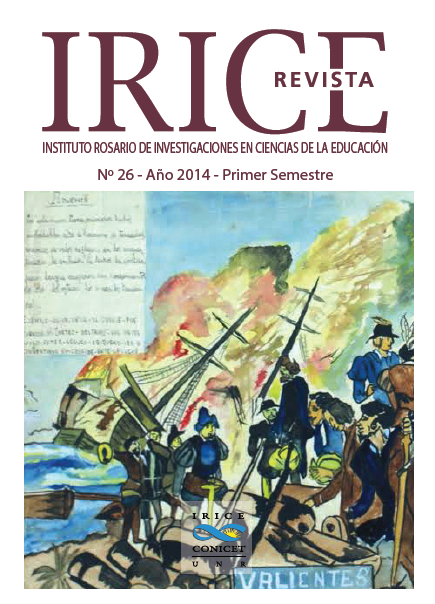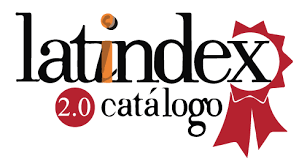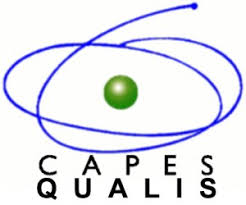Education, Crisis and Market: institutional reconfigurations, organization and resistance after the crisis of 2001
DOI:
https://doi.org/10.35305/revistairice.v26i26.535Keywords:
education, crisis, subjectivity, pedagogical alternativesAbstract
This work will address some issues regarding teaching and learning processes in Rosario, Argentina, in the context of its first major crisis that the country have faced at the dawn of the new century. It follows from the above that one of the main purposes would be try to analyze how schools have inhabited the teaching field through their own daily actions. Along with that, we will try to ask about what kind of forms of subjectivity have been taken place between students and teachers; and what kind of educational and pedagogical alternatives have been raised in order to try to repair the damaged social of the subject in the context learning.Downloads
Download data is not yet available.
Downloads
Published
2014-02-02
How to Cite
Tranier, J. (2014). Education, Crisis and Market: institutional reconfigurations, organization and resistance after the crisis of 2001. Revista IRICE, 26(26), 117–140. https://doi.org/10.35305/revistairice.v26i26.535
Issue
Section
Artículos libres
License
Aquellos autores/as que tengan publicaciones con esta revista, aceptan los términos siguientes:
- Los autores/as conservarán sus derechos de autor y garantizarán a la revista el derecho de primera publicación de su obra, el cuál estará simultáneamente sujeto a la Licencia Creative Commons Reconocimiento-NoComercial-CompartirIgual 4.0.
- Los autores/as podrán adoptar otros acuerdos de licencia no exclusiva de distribución de la versión de la obra publicada (p. ej.: depositarla en un archivo telemático institucional o publicarla en un volumen monográfico) siempre que se indique la publicación inicial en esta revista.
- Se permite y recomienda a los autores/as difundir su obra a través de Internet (p. ej.: en archivos telemáticos institucionales o en su página web) antes y durante el proceso de envío, lo cual puede producir intercambios interesantes y aumentar las citas de la obra publicada. (Véase El efecto del acceso abierto).




















